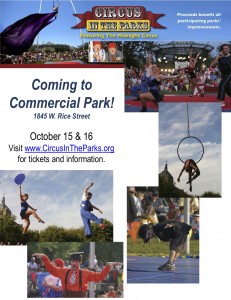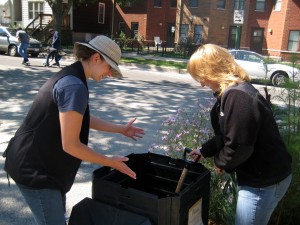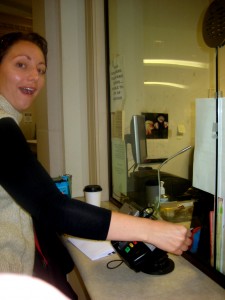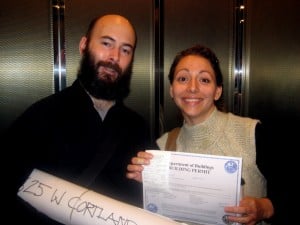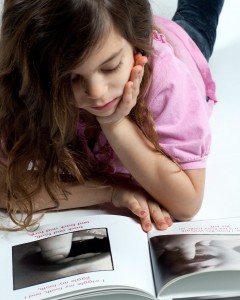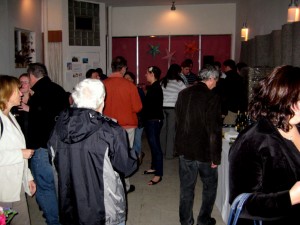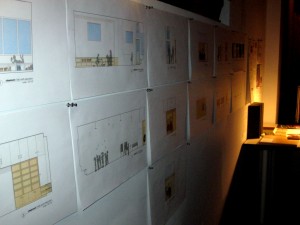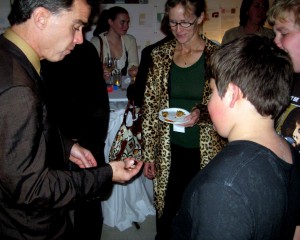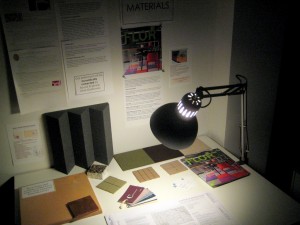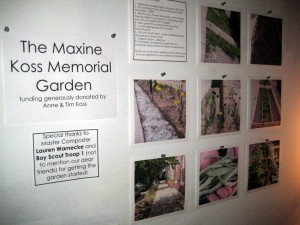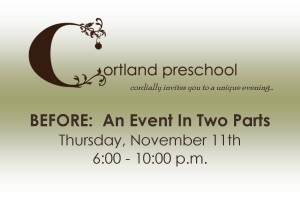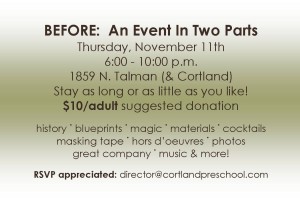Phonics 101
“If children have not yet acquired phonemic awareness, instruction in letter-sound associations will not be effective in helping them decode words.”
from Literacy: Helping Children Construct Meaning, 6th edition
What exactly is “phonemic awareness” and how do I cultivate it in my child?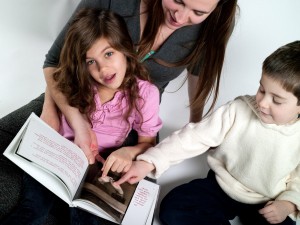
Three simple and effective strategies we use for developing phonemic awareness–the knowledge that words are composed of sounds–are as follows:
RHYMES: Reading books that rhyme (and paying special attention to those rhymes) is part of developing phonemic awareness. Dr. Seuss books are wonderful for this! (If you really want to up the ante, try John Lithgow’s book, Micawber or some vintage Mother Goose. My sister and I adored The Diggingest Dog and can still recite whole passages!)
While reading, ask your child to make additional rhymes, keeping in mind that they don’t have to be “real” words, but merely rhyme. If I read, “Hop on Pop” and say, “Hop and pop rhyme…so does bop, cop, drop…can you think of some more?” chances are, your child will offer up a glut of similar rhymes.
They may tell you other rhymes they think of, even if they seem unrelated, and that is great! They are relating their own prior knowledge and experience to what you are doing. “Did you know ‘pig’ and ‘dig’ rhyme too?!”
Encourage rhyme through the books you read, by making up rhymes as a game, and by reading poetry for children (Jack Prelutsky, Shel Silverstein, Ken Nesbitt are all incredible.)
WORD STRETCHING: Begin this activity with short words, like cat, dog, big, ball, top, etc. Three sound, or phoneme, words work best to start.
Tell your child you are going to play a game where you talk in slooow moootion. Ask them to speed up what you are saying to figure out the word. (This may be difficult at first so don’t get frustrated. You can also model this when reading to your child–find two or three opportunities within a story to stretch out or sound out a word (for their benefit), “Once upon a time, there was a g…there was a g/i/a/n/t beanstalk. Oh, I see…Once upon a time, there was a giant beanstalk!” etc.)
Pay special attention to your diction and make sure your child can clearly hear you as you articulate sounds. A quiet environment is ideal. Stretch out a word, “c / a / t”, pronouncing each sound clearly and distinctly. Start slowly and speed up a little each time until your child guesses.
Aside: If I had a nickel for every time I heard a student misspeak the Alphabet Song…I will never understand why teachers persist in singing this song to tempo–it does more harm than good. When you sing through the ABC’s with your child, please slow down the “h, i, j, k, l, m, n, o, p” part. Say each alphabet letter crisply and distinctly. I have had many students who cannot hear the difference between “b” and “d” or “s” and “x” or “m” and “n”. Of course adults know this song inside and out, but our children are just learning it based on what they can hear! Over-articulate on this one and give your child a huge advantage!
SYLLABLES: Start with names of people you know, for example “A-my” has two syllables, which can be clapped or stamped or “chin bumped” out. (“Chin bumps” are when you hold your hand just below your chin and let your mouth open and close to “bump” your hand when you say a word. This is a little discreet, but some children favor this method.)
Move on to another name you know, let’s say “Tom”. Tom only has one syllable. How about “Chris-to-pher”…3 syllables. “Ni-cole”? 2, that’s right!
Try everyone in the family, then extended family. Try friends from classes or play groups. Then try other types of words…dinosaur names are especially good for this.
Again, have your child clap their hands or stamp their feet or “chin bump” with you so they get the feel of syllables. This helps them break words into smaller pieces later on as readers.
Developing phonemic awareness is time well spent. Of course, there are many more strategies, but we find these three are easily done at home, around the dinner table, in the bath tub, in the car or as part of your regular reading routine. As always, we encourage your comments and questions!

